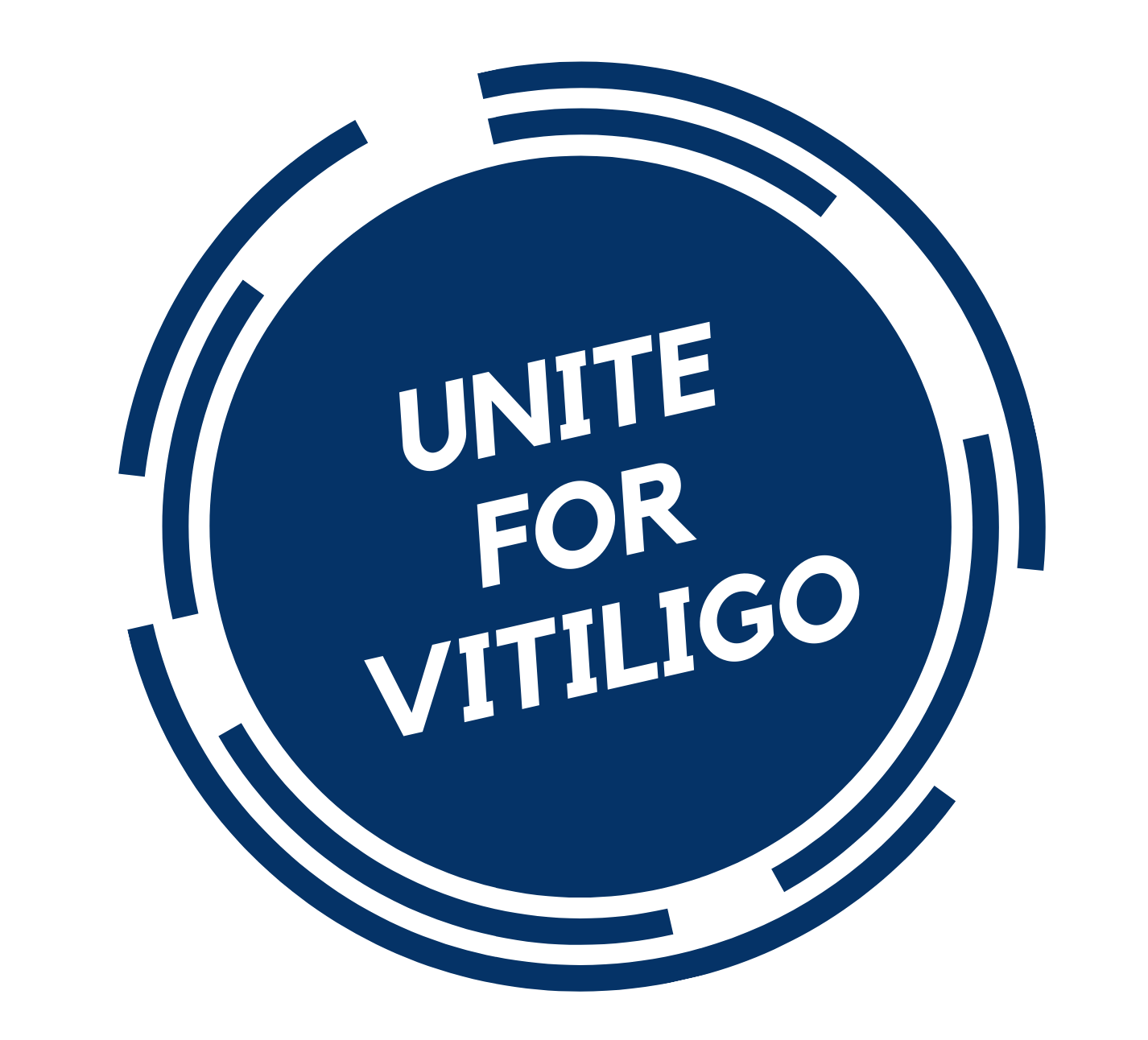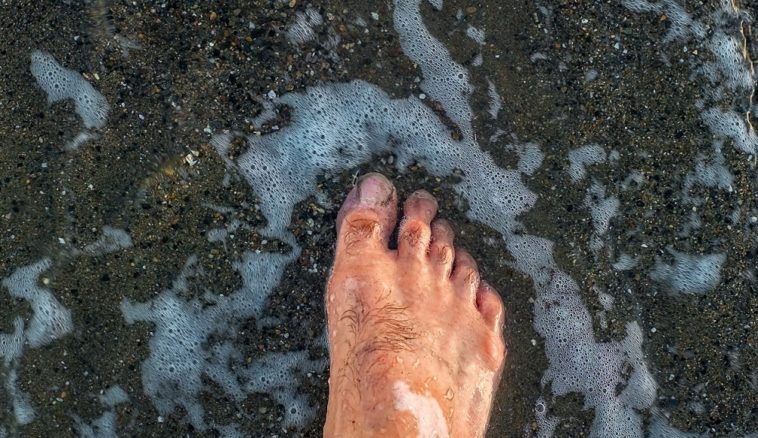Though it doesn’t happen often, it is possible to recover faster from vitiligo in many cases. If the chronic skin disorder is the result of stress, it is more likely to be cured by practicing yoga and other relaxation techniques. In addition to this, sometimes, steroid creams, certain medication, and phototherapy can work out for some people.
That being said, the process of pigmentation recovery is often a long one. If any form of treatment is working out for you, be patient and have trust in your doctor. There are no quick-fixes that can make your skin look even overnight; however, certain strategies can help you speed up the process. Curious? Here are a few ways to rise above vitiligo-driven challenges and recover faster from vitiligo.
1. Focus on a reason for recovery (such as getting back to the beach) and associate it with your plan of action. This will give you motivational support at all times.
2. Stick to your treatment plan. To maintain that, take a sheet of paper and write the desired benefit/outcome as well as the consequences of not maintaining the discipline.
3. Be proactive about working around mental fatigue, which can drain you completely.
4. Visualize your patches blending into your color of skin. It is a great way to activate Neuroplasticity* and trick your brain into believing it.
5. Stay stress-free whenever possible. When stress begins to take hold, cortisol (a hormone) floods the body, causing pH levels to become imbalanced with acidity. This can ultimately weaken your immune system and affect vitiligo negatively. Eating a natural probiotic like yogurt, practicing yoga and deep breathing can limit cortisol levels, sustaining your skin faster from the chronic skin disorder.
6. Depression in vitiligo often slows the recovery process and sometimes intervene as a roadblock. Talk to your doctor if you are experiencing any of symptoms, to get them treated with prescription antidepressants or therapy. Eat healthy food for improved mental health.
7. Watch out for the recovery plateau stage. Tell your doctor whenever you notice it.
8. Incorporate technology into daily life to make the most of your treatment. Use smartphones to set reminders, schedule appointments, and overseeing your treatment performance.
9. Sleep at least 7 hours a night, and more when you need it. It will help you fasten recovery by staying stress-free. Here’s the connection between vitiligo and sleep problems.
*The brain’s ability to learn and adapt at any age.

